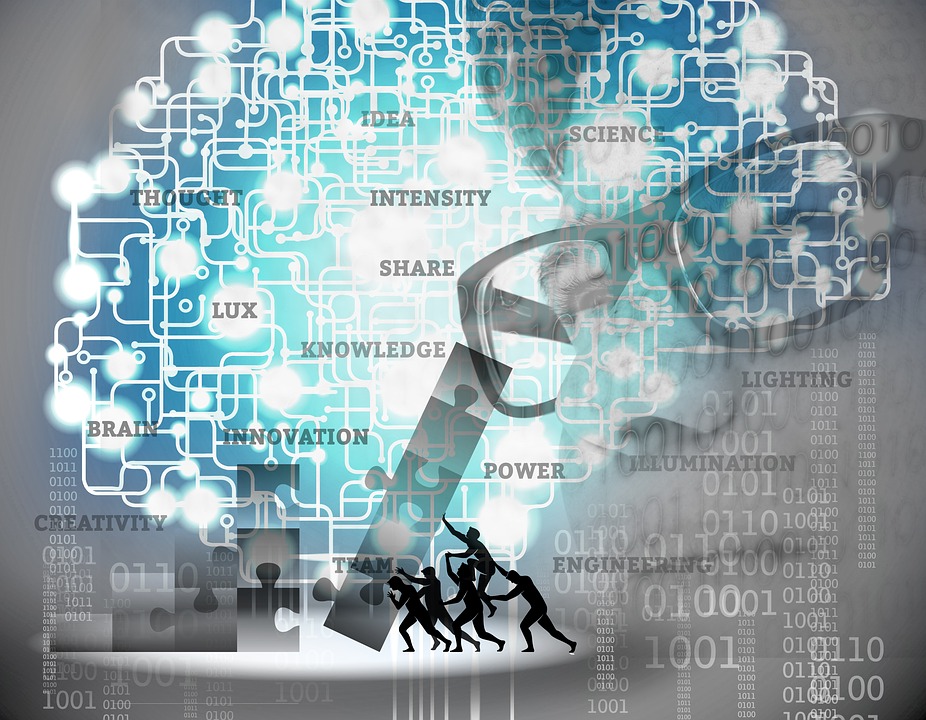
Rexroth was marketing “intelligent” drives back in the 20th century. Now, talk about smart factories centers on AI, or Artificial Intelligence. AI allows a factory to run the way a factory would run under the expert guidance of a human being who knew everything that was going on… and took no breaks or vacations or time to sleep. That legendary engineer who could hear the sound change that meant it was time to check on a particular valve or coupling can now be replicated all the time in every factory.
But, like any new technology, AI might need some regulations.
Privacy
It’s shift change time, and a new operator steps into place. The workstation recognizes him from his badge and adjusts the workstation to suit the new operator, choosing the appropriate language and moving the interface to the right height.
The machinery can also collect data on the operator’s health, efficiency, and stress levels. Connecting with wearables or the operator’s phone, the factory can learn about the operator’s actions outside of work, too. It can track alcohol or drug use. This data could be justified in terms of cost-cutting, convenience, safety, and providing a personalized experience for the operator, but there are obvious privacy issues.
As consumers and governments become more conscious of and concerned about Big Data and privacy, regulations are being developed. It will be important to make sure that they are applied to industrial settings as well as consumer situations.
Safety
AI promises to increase the safety of industrial occupations. Rexroth is producing robots that stop moving when humans approach its work area. Stanford researchers are working on a robot sense of touch that will allow even greater precision in robot-human interactions.
Safety increases can lead to complacency, though. It has already become clear that robots can get biases from their programmers. Autonomous vehicles have now had fatal accidents. Automatic systems have made fatal mistakes in hospitals, too — mistakes that human beings would probably have caught through sheer common sense. Industrial settings have the potential for physical danger or for human rights violations. It will be important to make sure that AI doesn’t add to these dangers by making it harder for human beings to see them coming.
Security
Industrial espionage is on people’s minds when they think of smart factories. The fear of security breaches already keeps some companies from taking advantage of AI.
Industrial automation can be a vector for safety and privacy concerns, too. A security breach has potential for damage beyond the stealing of company secrets — and that’s bad enough on its own.
Who should make the rules?
Making sure that new laws about AI apply to industrial settings is probably the most practical way to regulate industrial AI. The alternative would be to set up a separate system and regulatory body or bodies.
It might be time to stop thinking about regulation of AI as something for the future, though. The time is now.
Meanwhile, if you have any service or support needs for your Rexroth electric industrial motion control systems, we’re here for you. We specialize in Rexroth drive and control systems, from the earliest legacy components to the newest innovations.
